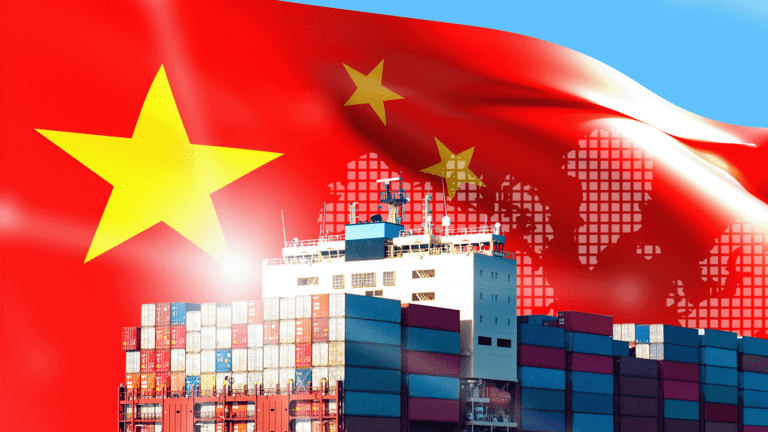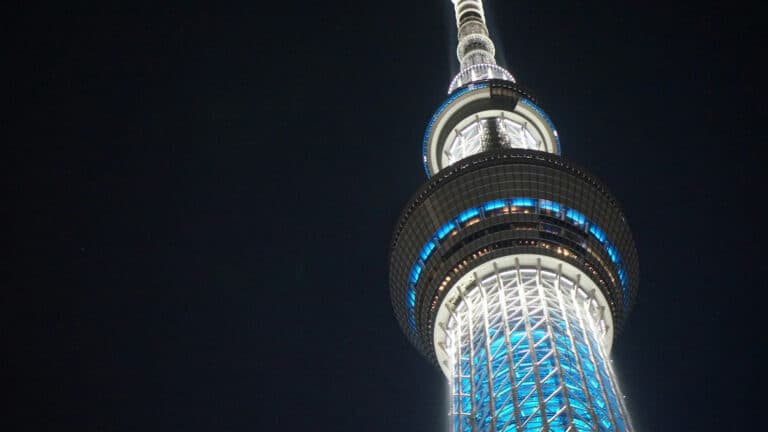These initiatives were stipulated in the draft law, «On Introducing Changes and Additions to Some Legislative Acts of the Republic of Kazakhstan on Taxation and Improving the Investment Climate,» which was presented in the national parliament by Madi Takiev, vice minister for national economy.
«To increase the postal transit and because of rising e-commerce volumes throughout the world, it is proposed to exempt operators for international mail from the payment of Value Added Tax (VAT). Also, in order to attract more investment to build a new 5G network, it is proposed to reduce the charge for radio frequency spectrum usage by 10 times over 5 years,» Takiev said.
However, foreign internet companies that work in Kazakhstan and provide services to individuals will not be exempt from paying VAT. As expected, additional revenue for the state budget will be around 1.2 billion tenge ($30 million).
Transportation companies with high social value might also be exempted from VAT for three years. Often, socially valuable routes are not cost-effective because of lack of subsidies, and carriers may lose their money.
New rules will also cover rail transportation. According to Tax Code, all international transportation is exempted from VAT. However, when trains transport cargo to the seaport for transshipment, the railways do not consider this part of international transportation. The ministry of trade now suggests a change, applying a zero VAT tariff to rail transportation as well.
It’s expected that this can help to attract more than 500 billion tenge ($1.2 billion) of investments into transport and telecommunications by 2030.
The government is also going to strengthen excise duties. From 2021, excise duties on beer, expensive alcohol and cigarettes will be elevated gradually from 10.7 billion tenge to 19.7 billion tenge in 2022, and 25.7 billion tenge in 2023. Concerning e-cigarettes and conventional tobacco, excise duties will be raised from 0.6 billion tenge in 2021 to 1 billion in 2022 and 2023.













